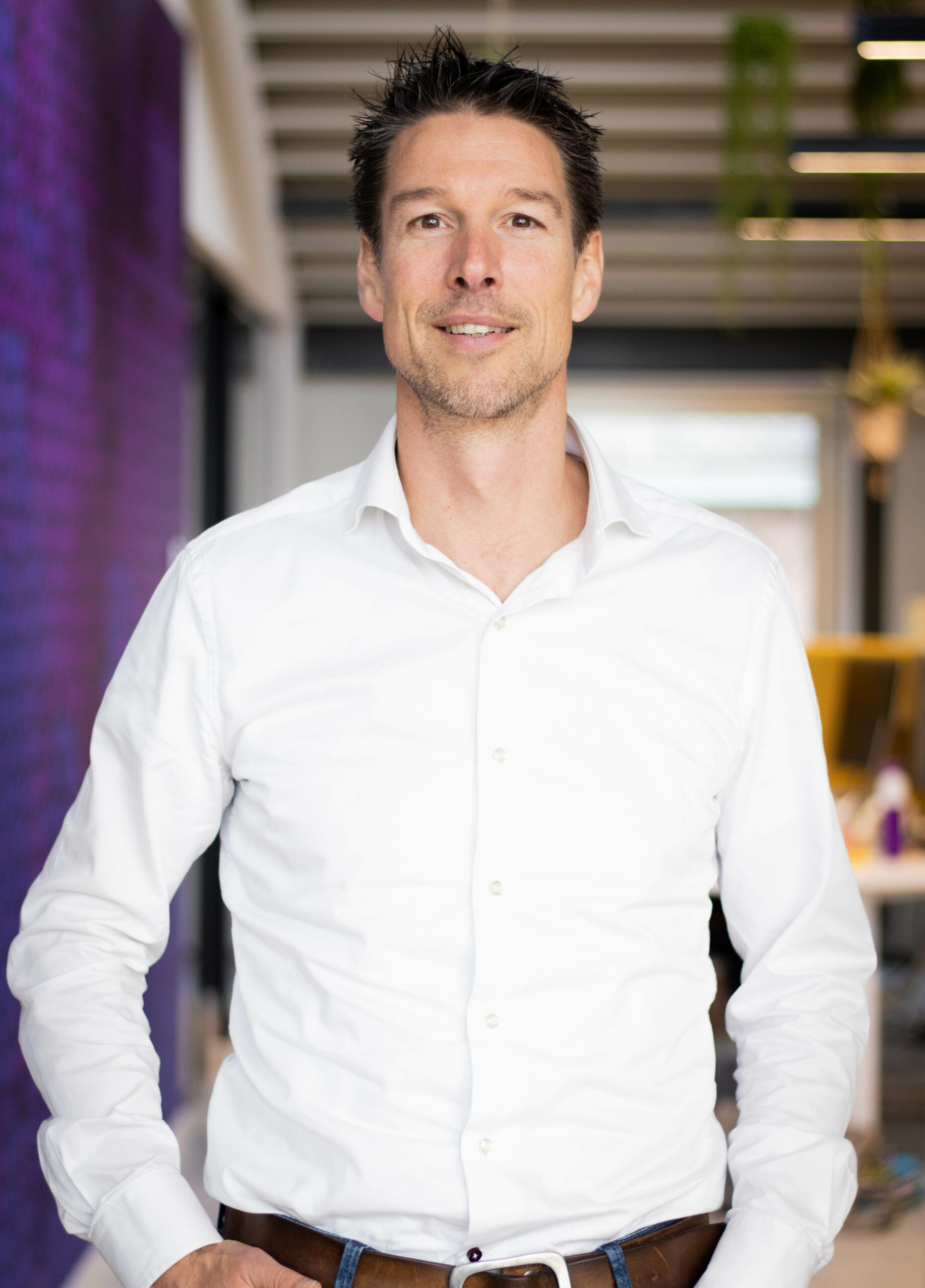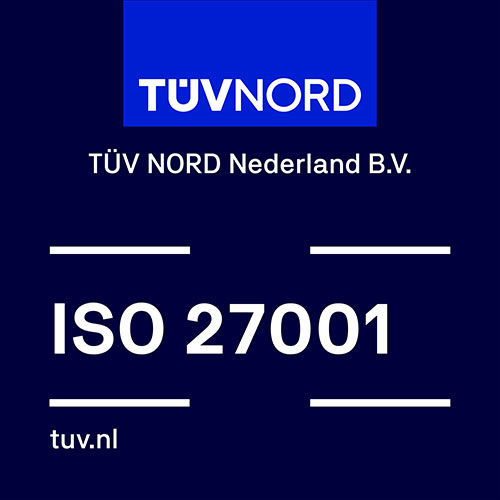He had it all figured out, according to Bas Kerkhof when he was Site Manager at Rhenus, Kraaiven branch, four years ago. The warehouse, 34,000 m2 full of items from an online pet store, was super tightly arranged. The only way to become even more efficient now was to work even harder. He thought.
Until Pipple convinced him that algorithms could be used to make a profit. Although, convince… Kerkhof: “I couldn’t imagine that there was still room. Try it, I thought.” Not knowing that they were Pipple’s very first customer.
Deeper than spreadsheets
The Excel spreadsheets of Rhenus’ engineers were indeed excellent, Pipple observed. But with knowledge of mathematics, A.I. and programming languages, they could go a few steps deeper. That would result in a saving of five percent, they promised.
The savings were more than doubled. The crux? Smarter routes and other combinations of orders. Rhenus also applied the model that Pipple made to other European sites. Kerkhof’s gamble paid off.
Kerkhof’s successor, Rutmer Mourits, hired Pipple for a follow-up project: ‘Batching 2.0′. Mourits: “Due to the shorter routes, the order pickers collected faster. But we were still struggling with traffic jams at the drop off.” Once again, Rhenus’ engineers and Pipple’s econometricians put their heads together.
Self-learning planning software
It led to a dynamic planning model with a self-learning character. As a result, a planner is almost unnecessary in the long run. Mourits: “It works like a navigation system: the system continuously calculates which routes will take you to your destination the fastest without traffic jams.” A self-learning, autonomous AI planner like this is revolutionary in the industry, according to Kerkhof. “The vast majority of fulfillment companies still rely on standard sorting algorithms.”
Rhenus is already running on the new software while it is constantly being tweaked. “That’s the fastest way to make progress,” Mourits said. “Doing business is taking risks.” It’s a learning process he doesn’t like to go through with anyone but Pipple. “We are a client and Pipple is a supplier, but it doesn’t feel that way. We are truly partners who accomplish a mission together, and have done so for almost four years. Pipple wants it to be a success as much as we do. You can also see this in the chemistry between our engineer Henny Zhang and pipple’s consultants. They speak the same language and rely entirely on each other’s expertise.” Kerkhof: “Pipple is pragmatic and enterprising. That’s a perfect fit for us.”

